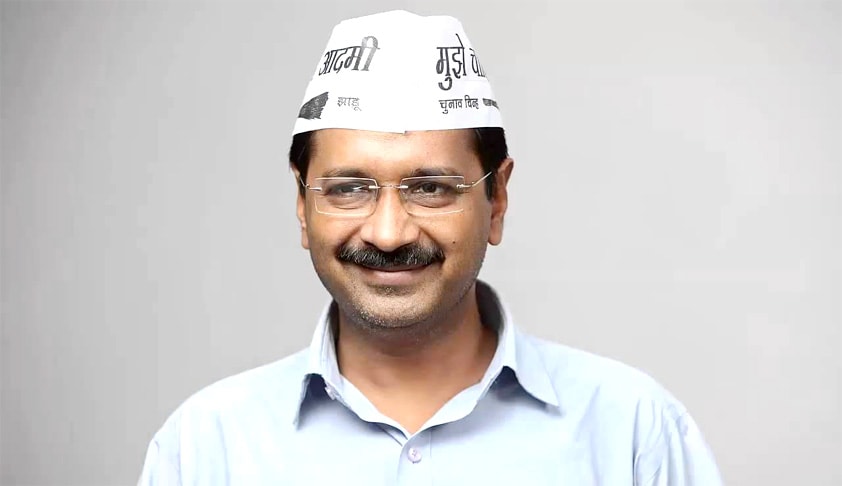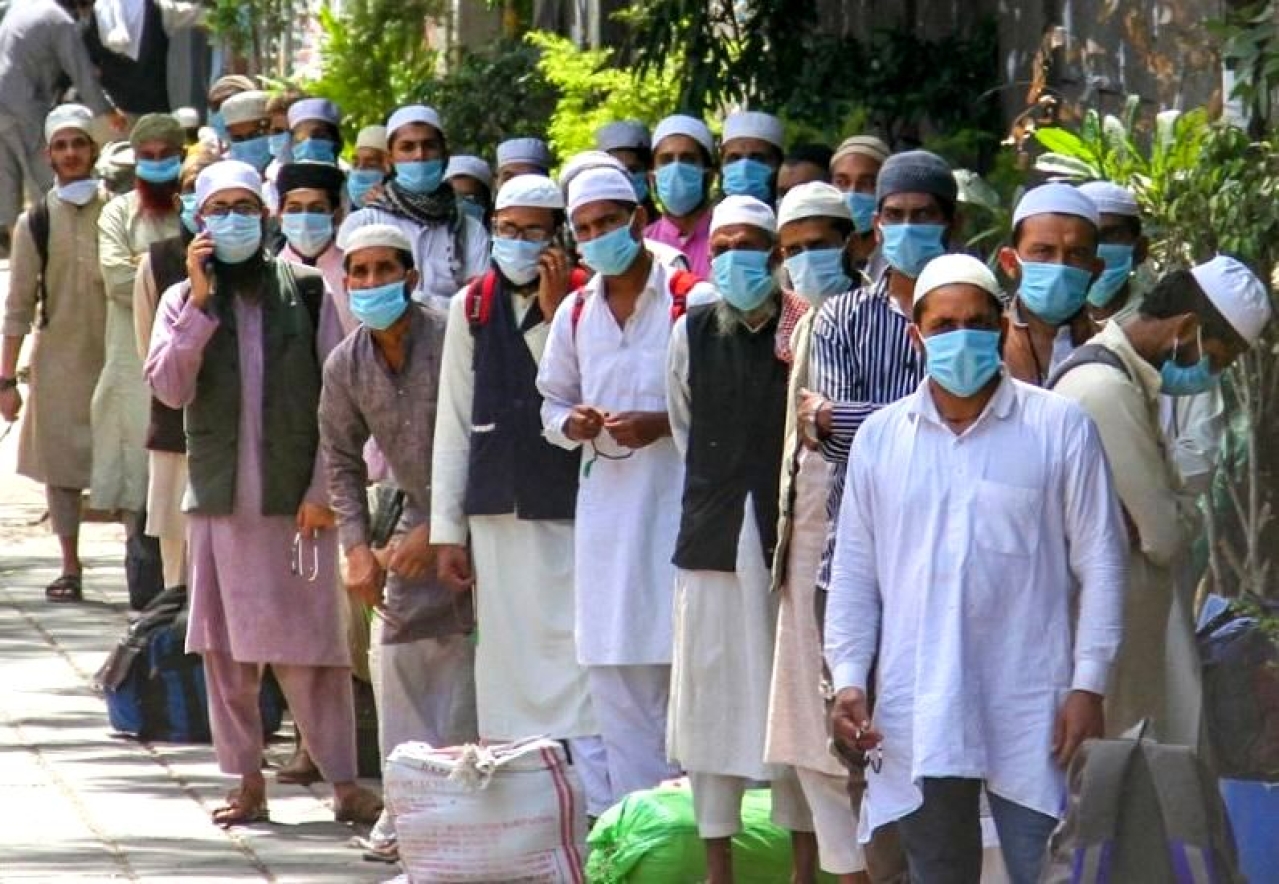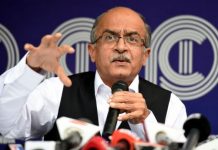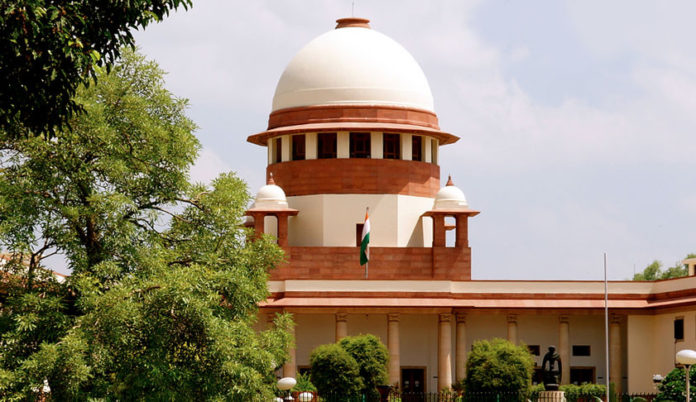In a stand-off with the Centre over autonomy and statehood for Delhi, CM Arvind Kejriwal faces disappointment as SC’s latest judgement is in favour of the Centre and L-G.
The New Leam Staff

The Arvind Kejriwal led Delhi government has been faced with a very disappointing unfolding of events after a sustained stand-off with the L-G. As a component of the huge set-back that the Arvind Kejriwal government is facing, a two judge bench of the Supreme Court has referred the demand of the Delhi government to have control over the Delhi bureaucracy to a three judge bench.
The Delhi government also could not access the power to arrest officers of the central government in case of corruption issues. The verdict that has been given by the Supreme Court is split in favour of the central government but also has certain aspects to favour the Kejriwal government. The court has decided on six issues and so far four of the decisions have gone in favour of the Centre.
The significant powers that the Delhi government has received are only over electricity and revenue related issues. The bench that was composed of justices AK Sikri and Ashok Bhushan could not agree on the controversial decision on who could transfer officers who were posted in Delhi and thus transferred the decision to the three judge bench to give a definitive ruling. It must be repeated that this has been a contentious issue between the Centre and the Kejriwal government.
In the judgement, Justice Sikri asserted that the Anti-Corruption Bureau would be under the L-G’s control and that the Delhi government would have no access to powers over the police. The judgement also asserted the fact that the Anti-Corruption Bureau of Delhi would have no power to investigate upon central government officials. When there is a difference of opinion between the L-G and the council of ministers, then the President will take the final decision but such cases can only be very exceptional.

Delhi Chief Minister Arvind Kejriwal has been accusing both the current L-G Anil Baijal and his predecessor Najeeb Jung for function against his government and favouring the BJP government. In November last year, the bench had not given its judgement in response to a series of petitions challenging the notifications that were issued by the Centre and the Delhi government.
It was during the hearings that the apex court said that the L-G would have the power to regulate the services in Delhi. In 2018, the court had laid down to the broad parameters of governance in the Capital and tried to bring an end to the cold war that had been on between the Delhi government and the L-G.
The power struggle about the governance of Delhi has been going on ever since the AAP came to power in 2014. The landmark verdict that was given at this juncture asserted that Delhi could be given the autonomous status but at the same time, it had also limited the powers of the L-G and said that he has to act in aid and advice of the elected governmental body.
Since September, 2018 the Centre had appealed to the Court and repeated the point that a place like Delhi shall not be given an autonomous status for the virtue of being the nation’s capital. They argued that the national capital has many institutions of national importance such as the Parliament and the Supreme Court and therefore it could not be made autonomous.
[irp]
After being disappointed by the verdict of the Supreme Court, Arvind Kejriwal said that the verdict is an “injustice to the people of Delhi” and asserted that the government will consider taking a legal route to contest SC’s judgement. At a press briefing Kejriwal said “We have relentlessly fought with the L-G and bureaucrats to ensure that files are cleared. How will Delhi function like this? If we have to sit on a dharna for getting files cleared, then how do we run Delhi?”
CM Arvind Kejriwal also appealed to the people to give his party all the seven seats in the state so that they can put pressure on the Centre to be able to grant full statehood to Delhi.













